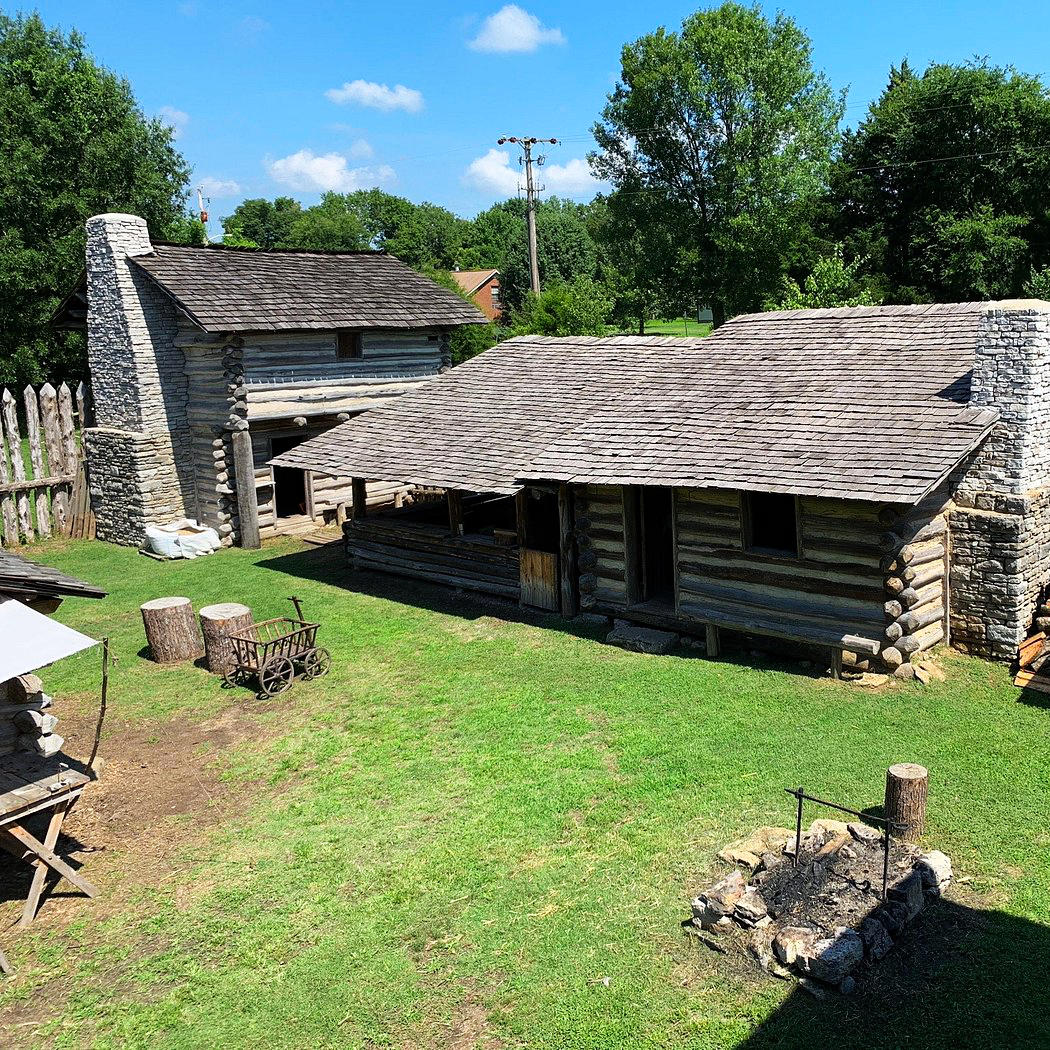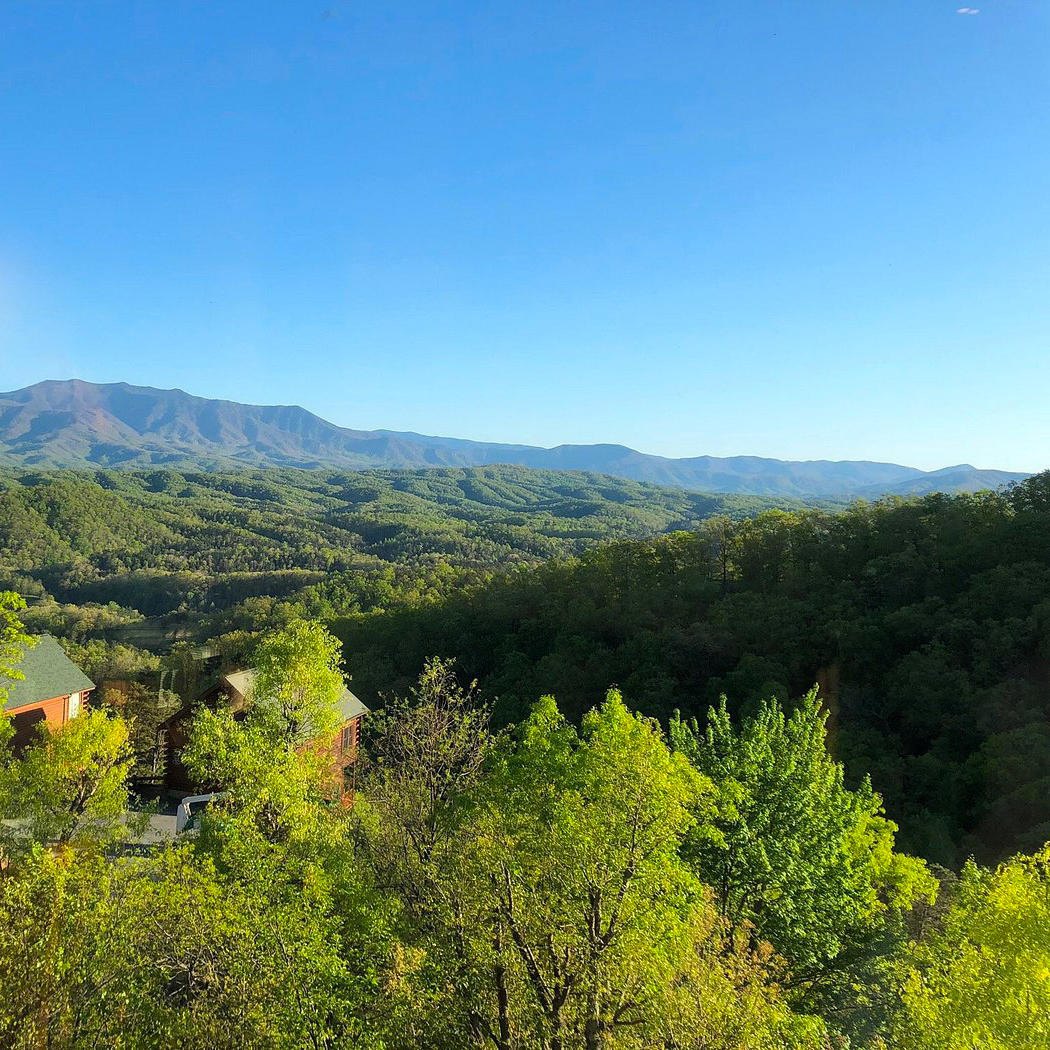State of Tennessee Short-Term Rental Regulations
Short-term rental regulations vary depending on the location and may include zoning laws, occupancy and safety standards, taxation, licensing, and insurance requirements review our guides for more information specific to your city.
Reviewed by Karolyn Hutson
Last updated September 04, 2023

Overview of Tennessee Short-Term Rental Regulations
Information is maintained by the community to provide helpful insights and links to local regulations, HostScouts does not provide legal or investment advice.
Tennessee's rolling hills, vibrant cities, and small-town charm attract visitors year-round. As more travelers opt for the convenience and character of short-term rentals over hotels, hosting out-of-town guests can be a lucrative opportunity for owners. However, Tennessee's patchwork of state laws and local ordinances governing short-term rentals can be tricky for newcomers.
Defining Short-Term Rentals in the Volunteer State
With tourism thriving statewide, what exactly constitutes a short-term rental in Tennessee?
Rental Period Length
The Tennessee Short-Term Rental Unit Act defines a short-term rental unit as a residential dwelling rented out for less than 30 consecutive days. Some cities impose more restrictive limits, such as:
- Nashville prohibits rentals for longer than 30 days
- Knoxville caps rental periods at 29 days
- Chattanooga limits rentals to no more than 28 days
Types of Rentals
Short-term rentals in Tennessee include:
- Single-family homes, duplexes, apartments, condos
- Cabins and lake houses
- Rooms or accessory dwelling units on owner-occupied properties
- Corporate housing units
- Recreational vehicles, campers, boats
Regulations vary for owner-occupied versus non-owner-occupied rentals in some areas.
Geographic Oversight
Major cities like Memphis, Nashville, Knoxville, and Chattanooga have enacted their own short-term rental ordinances. Unincorporated suburban and rural areas often fall under less restrictive county-level oversight. Research regulations at the city, county, and state levels.
Starting a Short-Term Rental Business in Tennessee
From registering to reviewing fire safety, properly setting up shop is the key first step in Tennessee.
Registration and Licensing
Statewide, short-term rental hosts must register with the Tennessee Department of Revenue and obtain a sales tax certificate to collect and remit taxes. No state license is required. But county and city business licenses are required, with a $15 fee per property. The state registration process takes about 10 business days.
Application Process
The permit application procedure typically involves the following:
- Providing owner contact details and emergency phone numbers
- Attesting that housing codes and requirements are met
- Paying licensing fees to jurisdictions
- Submitting floor plans, area maps, and photos
- Arranging safety inspections
Plan for 30-90 days of processing time depending on location volume. Keep permit paperwork on hand for compliance.
Getting Started Tips
Beyond basic registration, hosts should:
- Vet property management companies carefully
- Review insurance needs with an agent or broker
- Develop responsive booking and communication systems
- Implement standardized cleaning plans and schedules
- Photograph the property professionally
- Familiarize themselves with local noise ordinances
Housing Rules and Standards for Short-Term Rentals
While requirements vary from county to county, hosts across Tennessee must comply with baseline safety regulations.
Occupancy Limits
If relevant, local ordinances determine maximum occupancy for Airbnb rentals based on factors like bedrooms, room dimensions, parking, and septic capacity. Adhere strictly to set occupancy limits.
Fire Safety
Mandated fire safety features per Tennessee law include:
- Smoke detectors in each bedroom and common area
- Carbon monoxide detectors if open-flame appliances are present
- ABC-type fire extinguishers readily accessible
- Visible house numbers for emergency identification
Inspections
Many jurisdictions require initial safety inspections for short-term rental permits, then periodic inspections after that. Schedule compliance inspections and arrange access for inspectors to avoid penalties.
Taxes and Insurance
Consult CPAs and insurance agents to ensure proper tax remittance and adequate property damage, liability, and guest injury coverage suited for short-term rental use.
Lodging Taxes for Short Term Rentals
Tennessee's lodging tax structure for vacation rentals can quickly get complicated between state, county, and municipal authorities.
State-Level Taxes
Tennessee has a 7% sales tax on furnishing hotel rooms and short-term lodging. A 4% state privilege tax also applies to 90 days or less stays. Collect both from guests.
Local Lodging Taxes
On top of state taxes, many popular Tennessee vacation destinations levy their own hotel taxes on eligible short term rental stays. For example:
- Knoxville charges a 5% hotel tax
- Nashville imposes a 6% hotel occupancy tax
- Memphis applies a 5.5% lodging tax
- Chattanooga has a 5% hotel/motel tax
- Pigeon Forge institutes a 3% accommodation tax
- Gatlinburg levies a 3% hotel/motel tax
- Franklin has a 4% hotel occupancy tax
These local rates can vary significantly, so research the specific lodging taxes applied in the jurisdiction where your rental property is located.
Reporting and Remittance
Hosts must file periodic sales and lodging tax returns to report and remit collected amounts. Local jurisdictions may have additional reporting requirements. Stay on top of filing deadlines to avoid penalties.
Penalties for Non-Compliance
Tennessee charges hefty financial penalties and interest for unfiled, late, or inaccurate lodging tax returns and payments. Failure to comply can also result in lost short-term rental permits.
The Bottom Line
While Tennessee's patchwork of local regulations may seem daunting at first glance, taking the time to thoroughly research requirements applicable to your specific rental will set you up for success, a permitted, compliant vacation rental that "keeps it legal" will enable you to deliver outstanding guest experiences while meeting your income goals year after year.
Tennessee Airbnb Regulations by City
Information is maintained by the community to provide helpful insights and links to local regulations, HostScouts does not provide legal or investment advice.
-

Chattanooga
Regulation: Restricted
5.1 -

Clarksville
Regulation: TBD
7.2 -

Gatlinburg
Regulation: Allowed
5.5 -

Goodlettsville
Regulation: TBD
7.3 -

Knoxville
Regulation: Allowed
6.0 -

Memphis
Regulation: TBD
6.2 -

Murfreesboro
Regulation: Allowed
7.7 -

Nashville
Regulation: Restricted
4.8 -

Norris Lake
Regulation: TBD
6.4 -

Pigeon Forge
Regulation: Restricted
4.7 -

Sevierville
Regulation: Allowed
5.5 -

Townsend
Regulation: TBD
5.3

